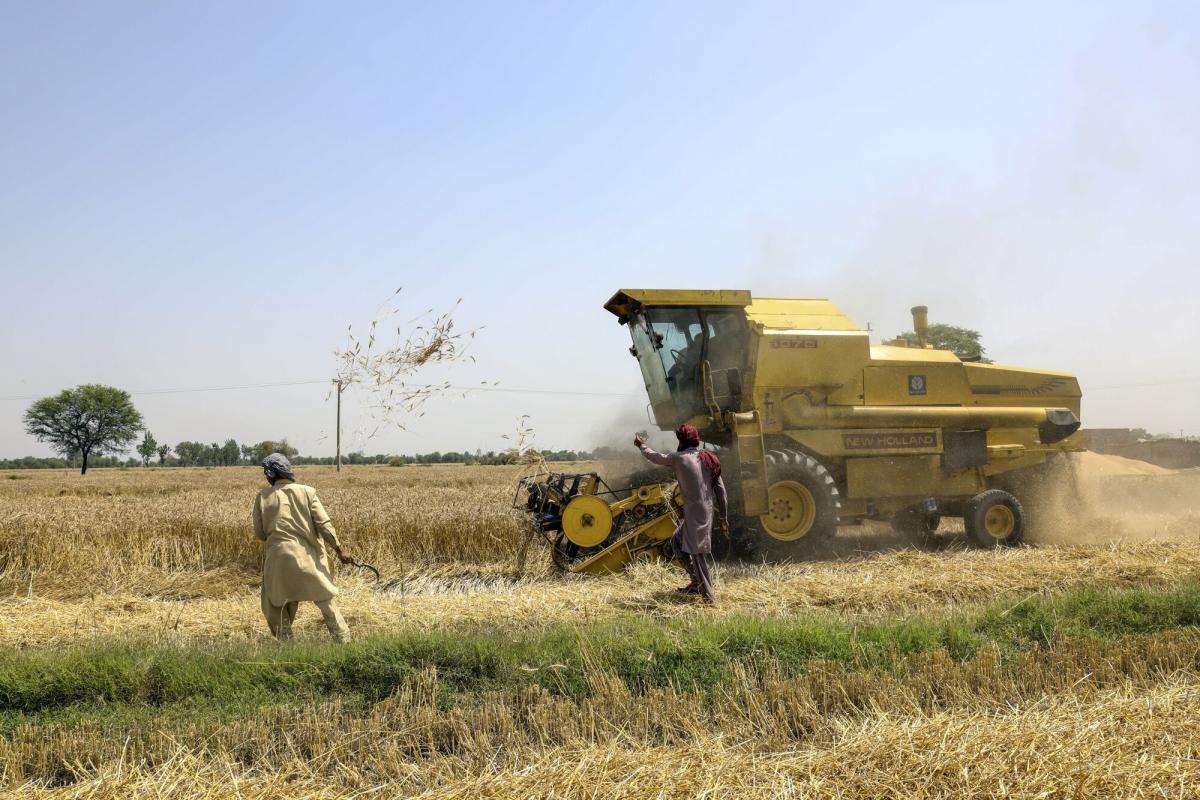Pakistan’s economic growth slowed in the second quarter due to high interest rates and reduced consumer demand, according to recent data from the Pakistan Bureau of Statistics. Gross domestic product expanded by just 1% in the October-December period compared to the same time last year, below the median estimate of 1.8% in a Bloomberg survey.
The services sector saw minimal growth of 0.01%, while agriculture grew by 5.02% and industry contracted by 0.84%. Despite efforts to avoid a sovereign default last year, Pakistan’s economy remains fragile, and Prime Minister Shehbaz Sharif is seeking a new loan from the International Monetary Fund (IMF) to support the economy and boost foreign exchange reserves.
While the IMF has lowered its GDP forecast for this fiscal year to 2% from an initial prediction of 2.5%, due to weaker domestic demand, the State Bank of Pakistan is more optimistic, citing better farming and industrial output supporting the economy. The nation continues to heavily rely on IMF aid, with $24 billion in external financing needs in the upcoming fiscal year starting July, about three times its foreign exchange reserves.
